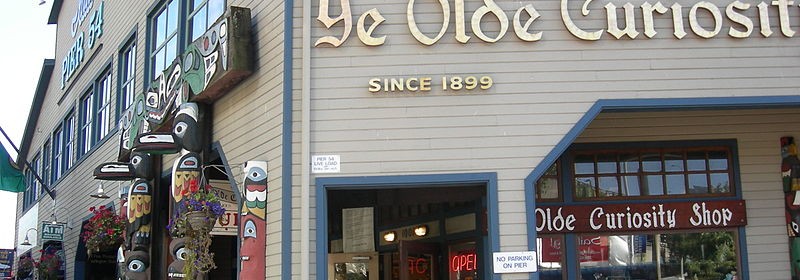Who is the Fat Lady, and Why is It Over When She Sings?

Charlie K. asks: Where did the expression “It ain’t over until the fat lady sings” come from? You might think the expression, “The opera ain’t over until the fat lady sings,” derives from some stereotypical “fat lady” singing to close out operas. In particular, some have theorized that the expression in question derives from the last part of Richard Wagner’s […]
Read more
















